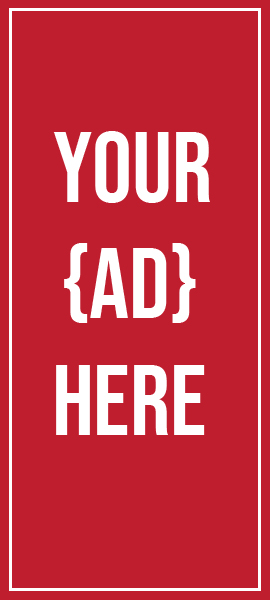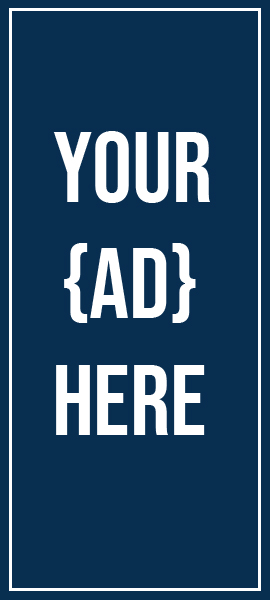Determine Your Goal
If opportunity doesn’t knock, build a door.
– Milton Berle
Introduction
The success of one’s career depends greatly on the ability to recognize the job-related values that are important to the individual as well as the hiring company. Identifying the purpose for working and the assessment of skills can help determine the types of jobs to apply for.
The creation of clearly defined SMART goals can give potential employees a concrete plan for the direction in which they would like to steer their career. A robust resource system and 30-Day Plan can keep the job seeker on track with finding and obtaining the right job.
Establishing Your Values and Objectives
In order to be able to sell yourself well and present your skill set and experience as an attractive option to potential employers, you must first identify your own values and your purpose for working.
Here are some common purposes for job seekers.
- Find an outlet for my creativity, skills, abilities, and energies that will not only benefit myself but will help others also.
- Make a valuable and lasting contribution to my community and to society.
- Use my college degree for something worthwhile.
- Do something constructive with my time to avoid boredom.
- Be in a place where I can meet new people, travel, and gain new experiences.
- Get out of debt.
- Save money for the future.
- Try a new skill and gain new experiences.
- Fulfill my dreams and my mission in life.
Examining Your Capabilities
There are many professional instruments designed to help you assess your skills. These instruments help you identify what talents and abilities you may have to offer a potential employer. Here is a list of common skills that employers find valuable.
| Organization |
| Analytical ability |
| Speaking |
| Listening |
| Reading |
| Writing |
| Special relationships |
| Typing |
| Physical coordination |
| Hand-eye coordination |
| Rhythm and bodily movement |
| Creativity |
| Initiative |
| Vision |
| Interpersonal relationships |
| Intrapersonal knowledge |
| Cooking |
| Collaboration |
| Strategic planning |
| Painting |
Setting SMART Goals
Now that you have a clearer picture of your skills and abilities along with your purpose and values, you can go about the task of setting SMART goals. SMART goals are goals that fulfill each word described in the acrostic formed by the word SMART.
Specific: First of all the goal must be specific. You may indicate in your goal you wish to become a sales representative for a cosmetic company or a police officer for the State of California. These are specific goals.
Measurable: The next characteristic that a smart goal has is that it is measurable. You may indicate that you desire full time employment of at least 40 hours per week. Your salary expectations can also be measurable stating that you wish to earn a minimum of $40,000 per year or more.
Achievable: These specific and measurable goals must also be achievable. The first thing to consider is whether or not the job exists. If your town does not have a professional football team it is not an achievable goal to be the play-by-play announcer for a team that does not exist. Other non-achievable limitations may be age requirements or other considerations. Just because a person of your gender or ethnic group has not been hired in that role before does not make it unachievable. Just ask President Obama.
Relevant: A relevant goal is for some a realistic one given your priorities and personal circumstances. Does this goal fit in with the rest of your life? Are you able to fulfill your non-professional duties to your spouse, children and community with this additional responsibility of employment? Many mothers battle with this issue when considering their responsibility to their children balanced with their desire to be “productive” and work outside of the home.
Timed: When do you expect to fulfill your goal? Are there any training periods or probationary periods to fulfill before you are actually hired? How many interviews and how many companies do you plan to talk to before settling on the right one? Set a realistic goal as to when you wish to begin your new profession or job.
Creating a Resource Management Plan
Your job hunt will require a basic toolbox full of resources that you can use in finding employment.
In your resource kit you should include the following items.
- Reference books on job search tips.
- What Color is Your Parachute? 2008 Edition is a highly recommended book.
- Cover Letters for Dummies can also come in handy.
- A Briefcase. This is essential to carry with you on your job of selling yourself and your skill set to potential employers. It is great for carrying your business cards, cover letters, and portfolio of your best work.
- Leather portfolio and notepad holder. Take notes and present your work like a professional even before you get the job.
- Business attire appropriate for the jobs you are seeking. This may be a dress shirt and tie with a pair of dress slacks. It may include a sports jacket or business suit for males or females. The industry and the climate will dictate the appropriate fashion for the interview.
One-Month Strategy
You have to accept the reality that finding a job that is going to meet your needs and fulfill your objectives will take some time. It will require effort. If it is a job worth your time there will be other people competing for the same job. You must be the best-prepared candidate there. Having a plan for the first 30 days is realistic, intelligent and a habit that successful job seekers gladly form.
On a calendar, list all the interviews you schedule for the month.
On days you do not have interviews scheduled, you must dedicate your time to acquiring interviews. This will include taking your resume to prospective employers and filling out applications at their work site. They may schedule you for an interview immediately or take your resume and application and promise to call you for an interview in the near future.
Days and times for other activities may include creating a list of potential employers to call and visit, revising your resume if it is not working as you would expect, and polishing your interviewing skills by role playing and reading books on the topic.
The first 30 days give you time to form a daily routine of prospecting future employers, applying for jobs, fine tuning your resume, and asking for interviews. Each time you complete an interview, write down the strengths and weaknesses in your performance.
Practical Application
Todd had aimed for a bright future with his college degree on one shoulder and his excitement on the other. Todd was a ball of energy as he could see all the stars aligned ahead of him due to his winning attitude and core values. He was headed toward great places and his friend Simon was inspired to search for his own mission and his own keys to success in the work place. Todd showed Simon the ropes and taught Simon to look past the obvious and uncover the deeper meanings and values of being more than a puppet and showed him how to spread his wings with hard work and dedication as a ladder to bigger and brighter ideas.





